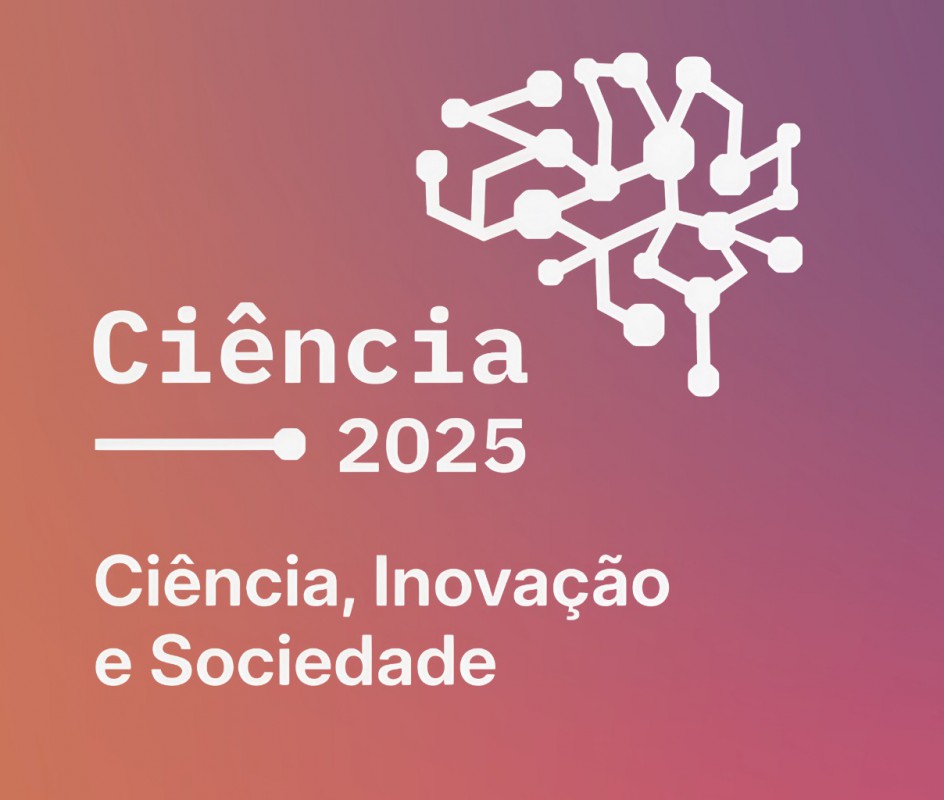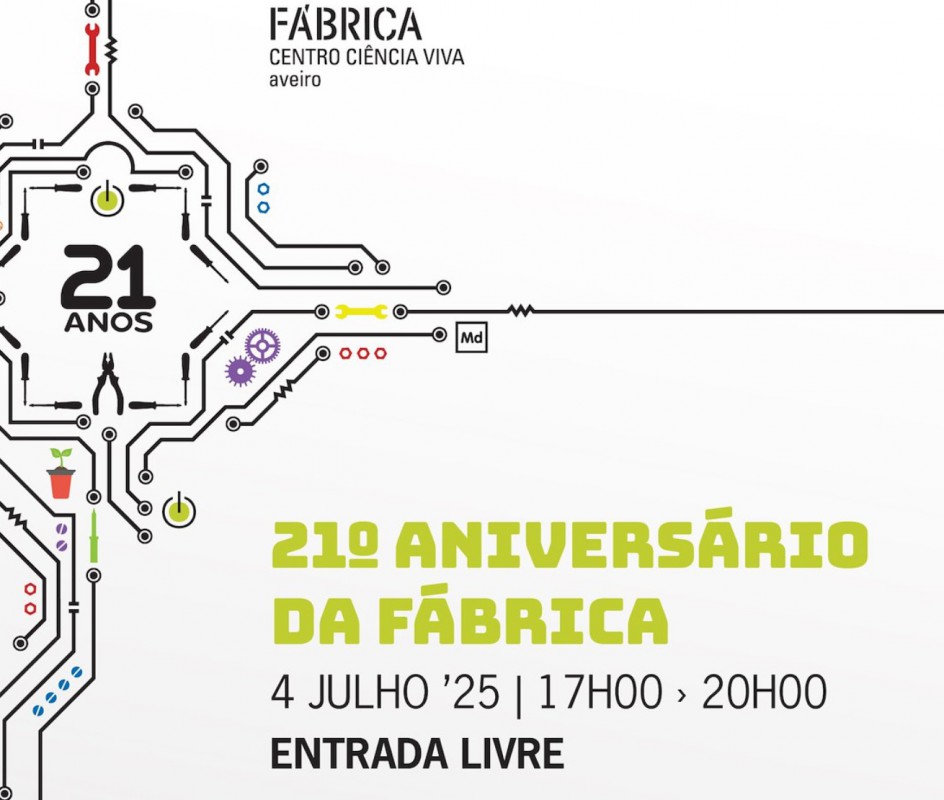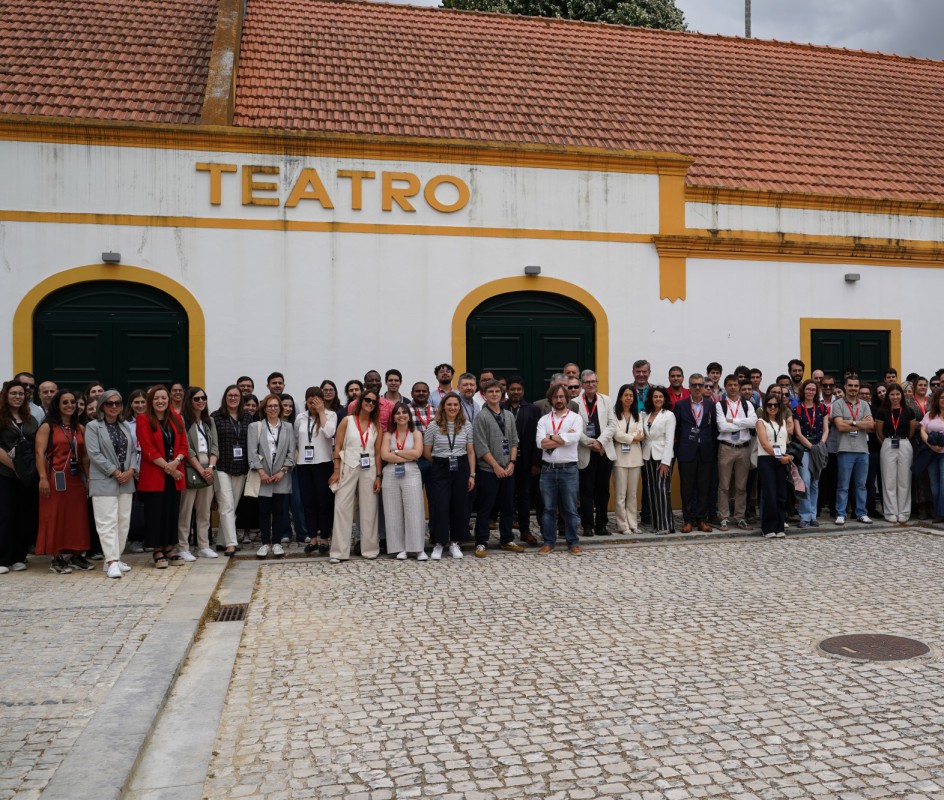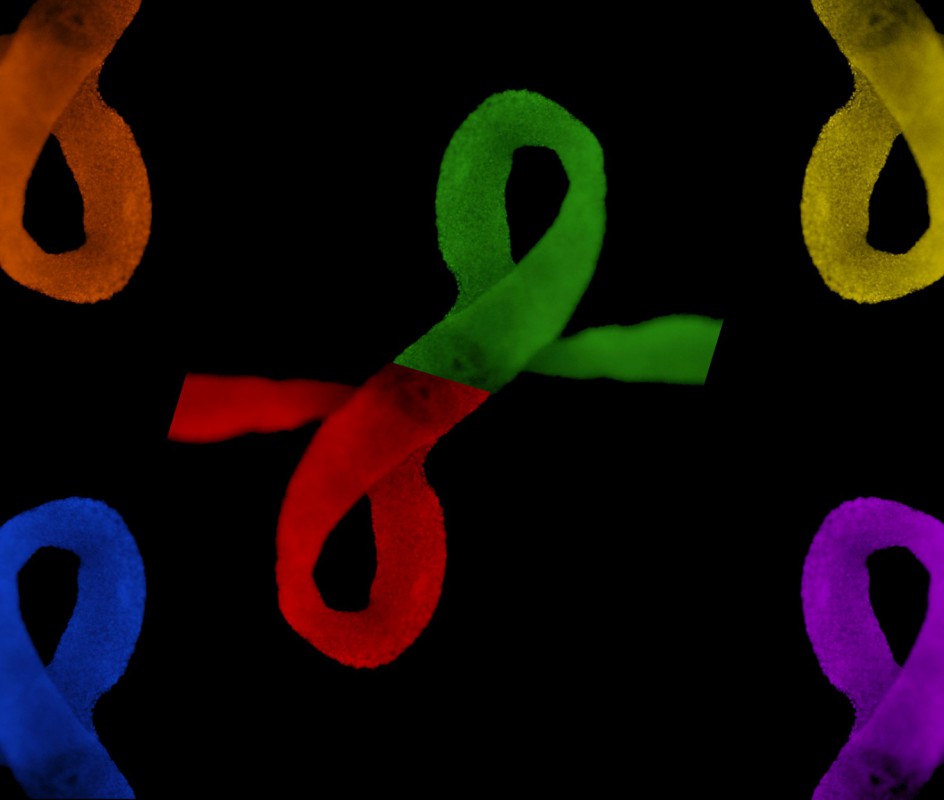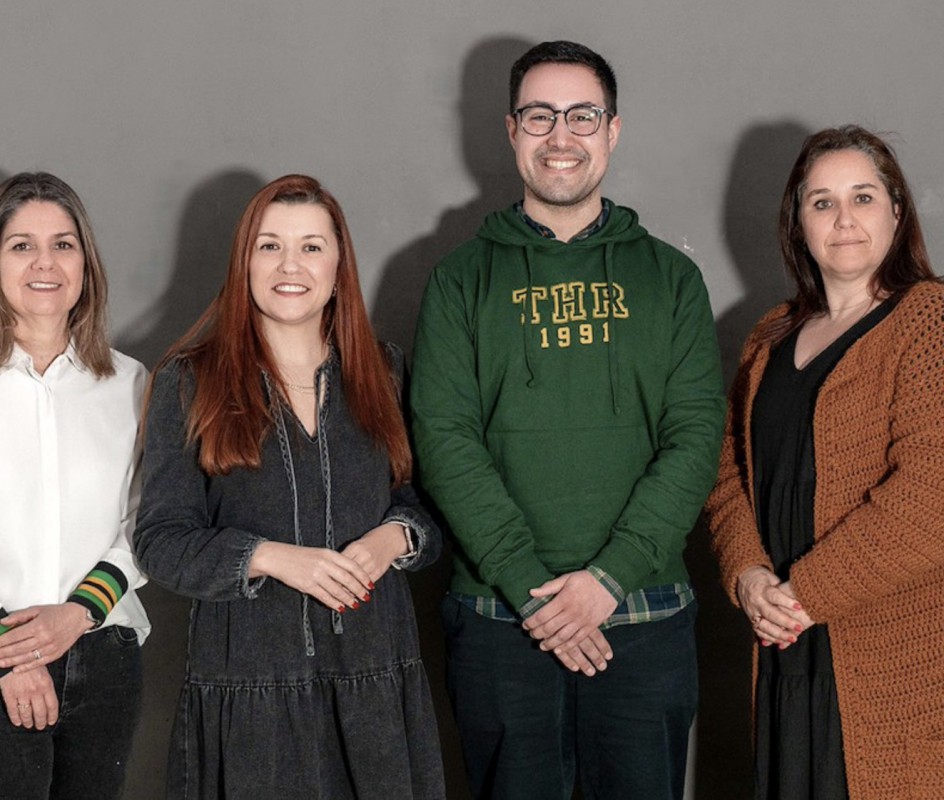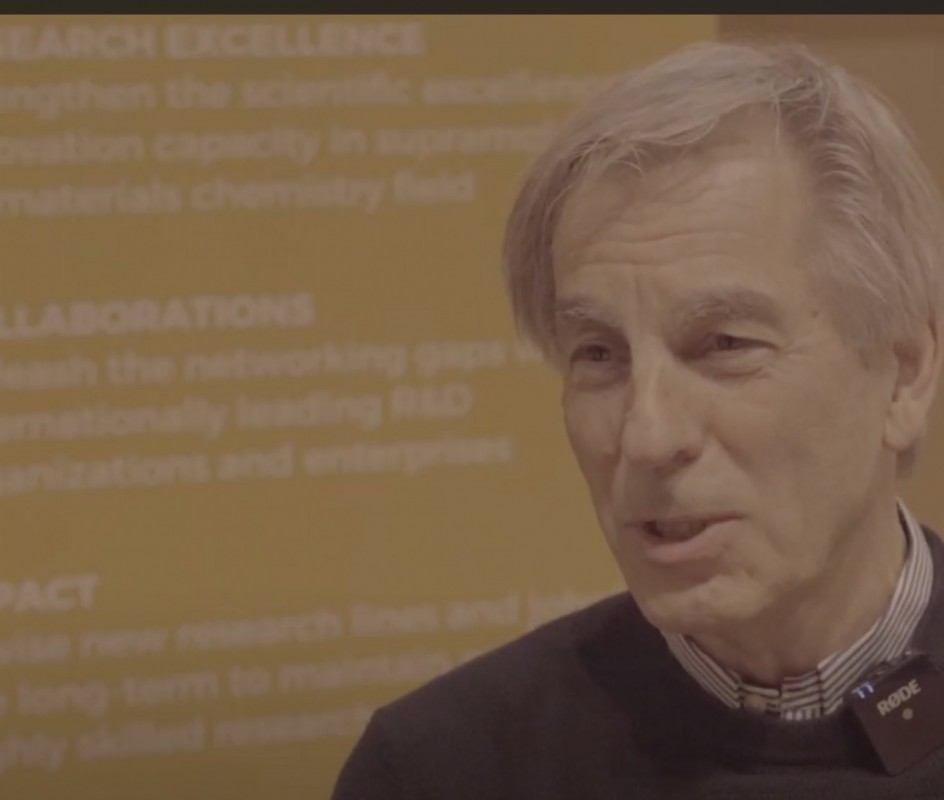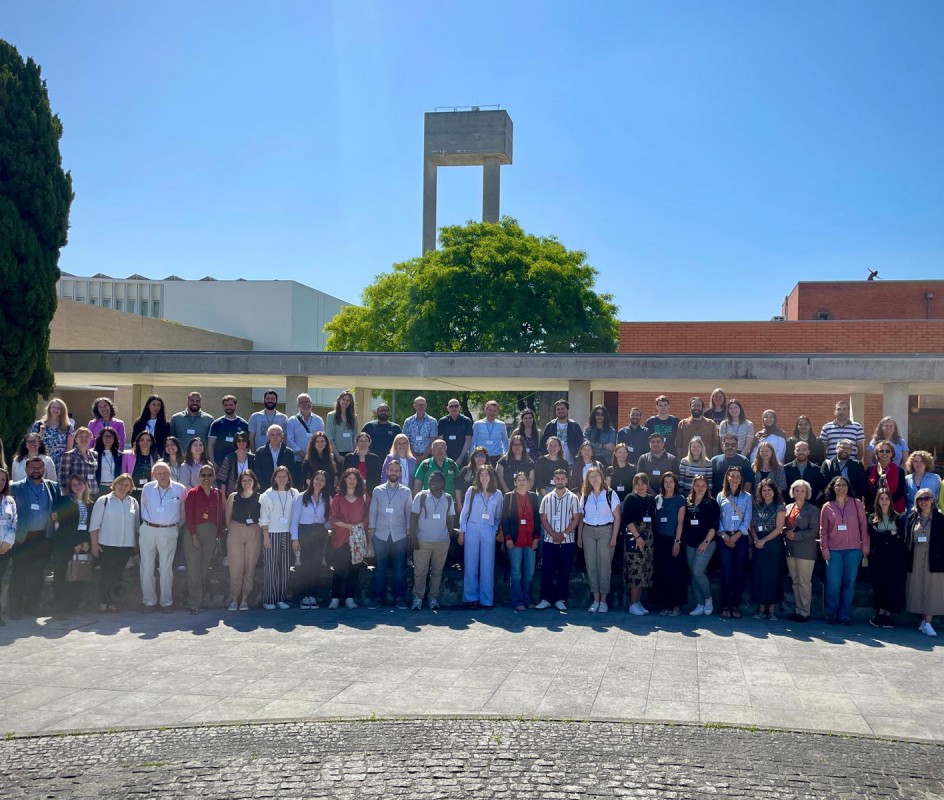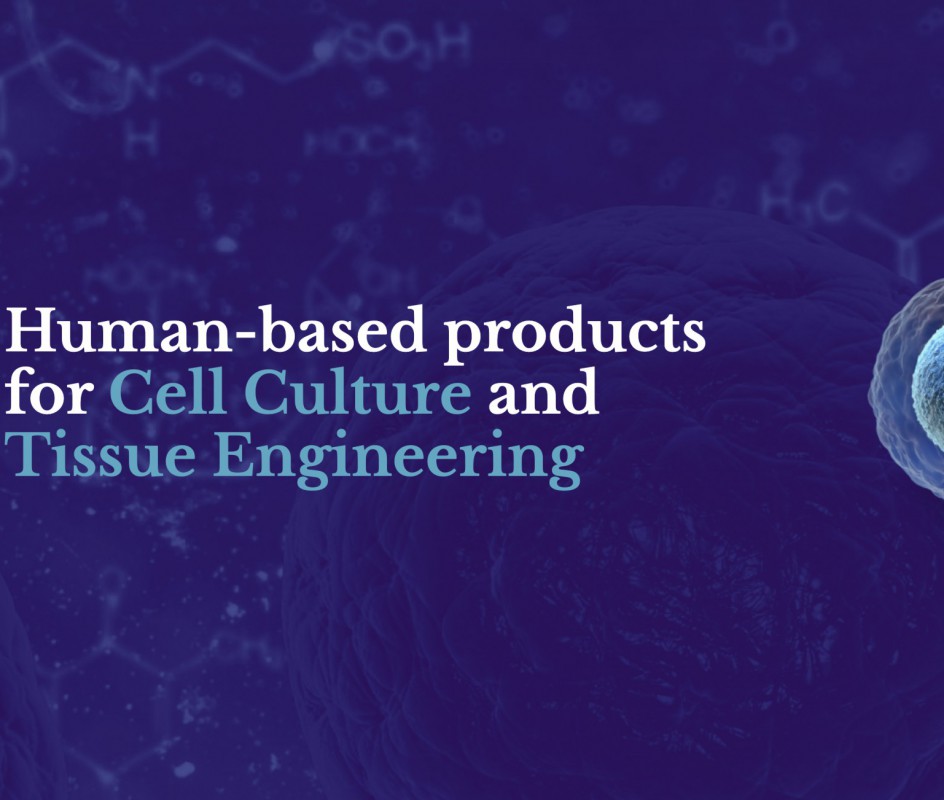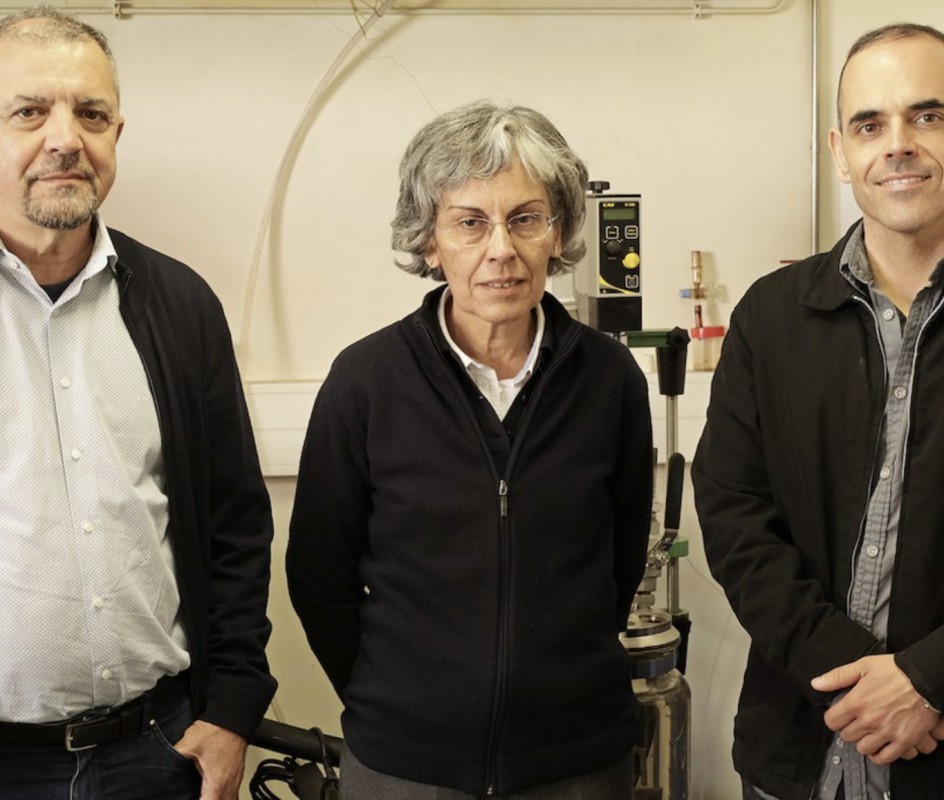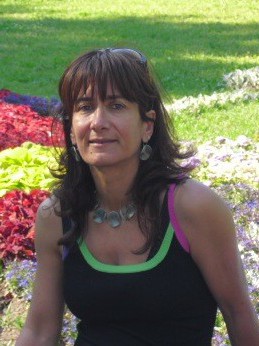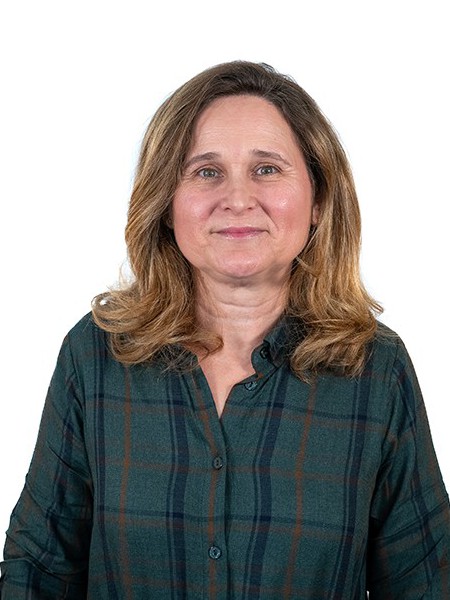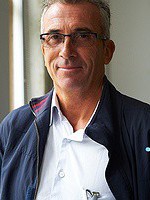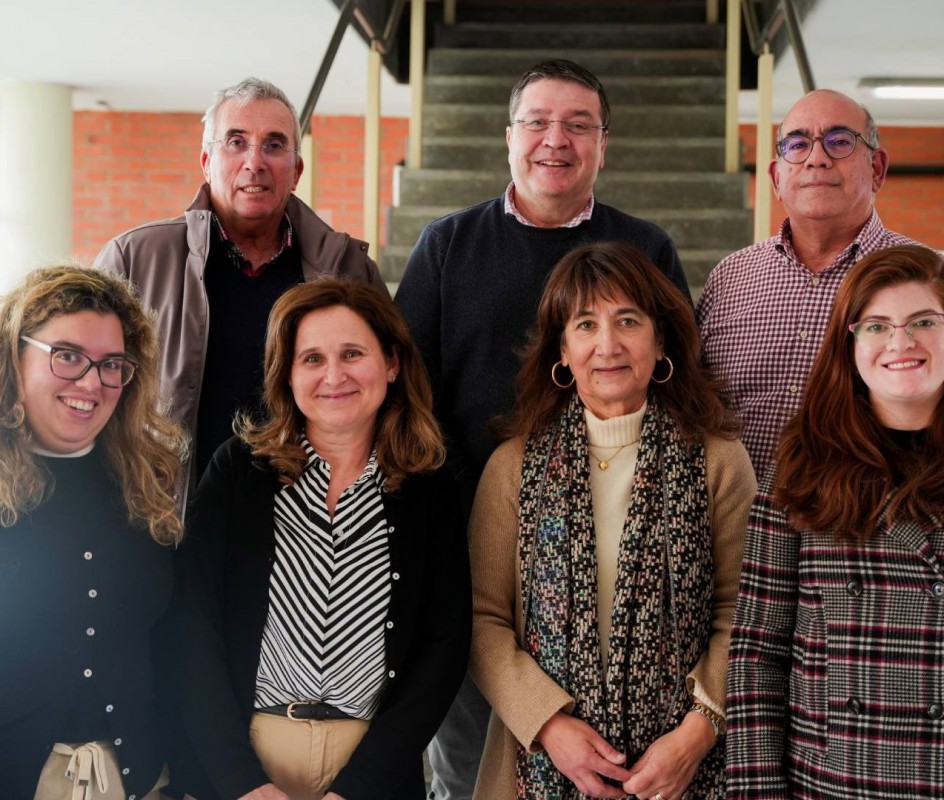
In December 2024, the magazine Kéramica published a special edition dedicated to the Ecoceramics and Glassware Agenda of Portugal (ECP), a Green Agenda for Business Innovation under the Recovery and Resilience Plan (PRR). This initiative aims to strengthen the competitiveness of the ceramics and glassware industries at a national level, focusing on innovation, differentiation, and a robust collaborative dynamic.
This issue details the progress, challenges, and results achieved so far within the scope of this Agenda and includes contributions from various researchers at CICECO. Articles feature professors and researchers from the University of Aveiro’s (UA) research team involved in this Agenda: Paula Seabra, João Labrincha, Inês Vilarinho, and Marinélia Capela, from the Department of Materials and Ceramics Engineering.
The first article, titled "Industrial Symbiosis and Circularity: Contributions from the Ecoceramics and Glassware of Portugal Project," is the result of collaboration with the Ceramic and Glass Technology Center (CTCV), the Polytechnic Institute of Leiria, and the Welding and Quality Institute (ISQ). It discusses the application of circular economy strategic tools within ongoing projects.
The second article, "Development of Eco-Friendly Porcelain Stoneware Products with Waste Incorporation: Preliminary Tests," co-authored with Mota Ceramic Solutions (MCS), highlights the potential integration of both endogenous and exogenous industrial waste into porcelain stoneware clay bodies and its contribution to circularity and sustainability in the ceramics industry.
UA is also prominently featured throughout the magazine for its role in developing innovative solutions within the Agenda, in collaboration with business partners from the consortium. As Monique Dias, a researcher from UA's team, emphasizes, collaborating with the industry enables a better understanding of the companies’ problems and needs, allowing for the development of new solutions tailored to the sector's reality.
An example of this collaboration is the ongoing work with Sanindusa to develop new ceramic pastes that reduce firing temperatures. The goal is to make the production process more sustainable by incorporating waste, improving energy efficiency, and reducing emissions and production costs.
Another highlight of this special edition is the development of a digital training academy, AR@Ceramic and Glass Academy, designed to address the training needs of these sectors. UA is contributing to the development of technical content in partnership with the Polytechnic Institute of Leiria. The creation of these training plans is underway, incorporating new learning approaches such as MOOCs, Augmented Reality (AR), and Gaming. This will allow the recreation of factory, laboratory, and storage environments, enabling real-world simulations.
The ECP Agenda - Ecoceramics and Glassware of Portugal is one of the 21 Mobilizing/Green Agendas for Business Innovation under the PRR, in which UA is participating.
Related Articles
We use cookies for marketing activities and to offer you a better experience. By clicking “Accept Cookies” you agree with our cookie policy. Read about how we use cookies by clicking "Privacy and Cookie Policy".


